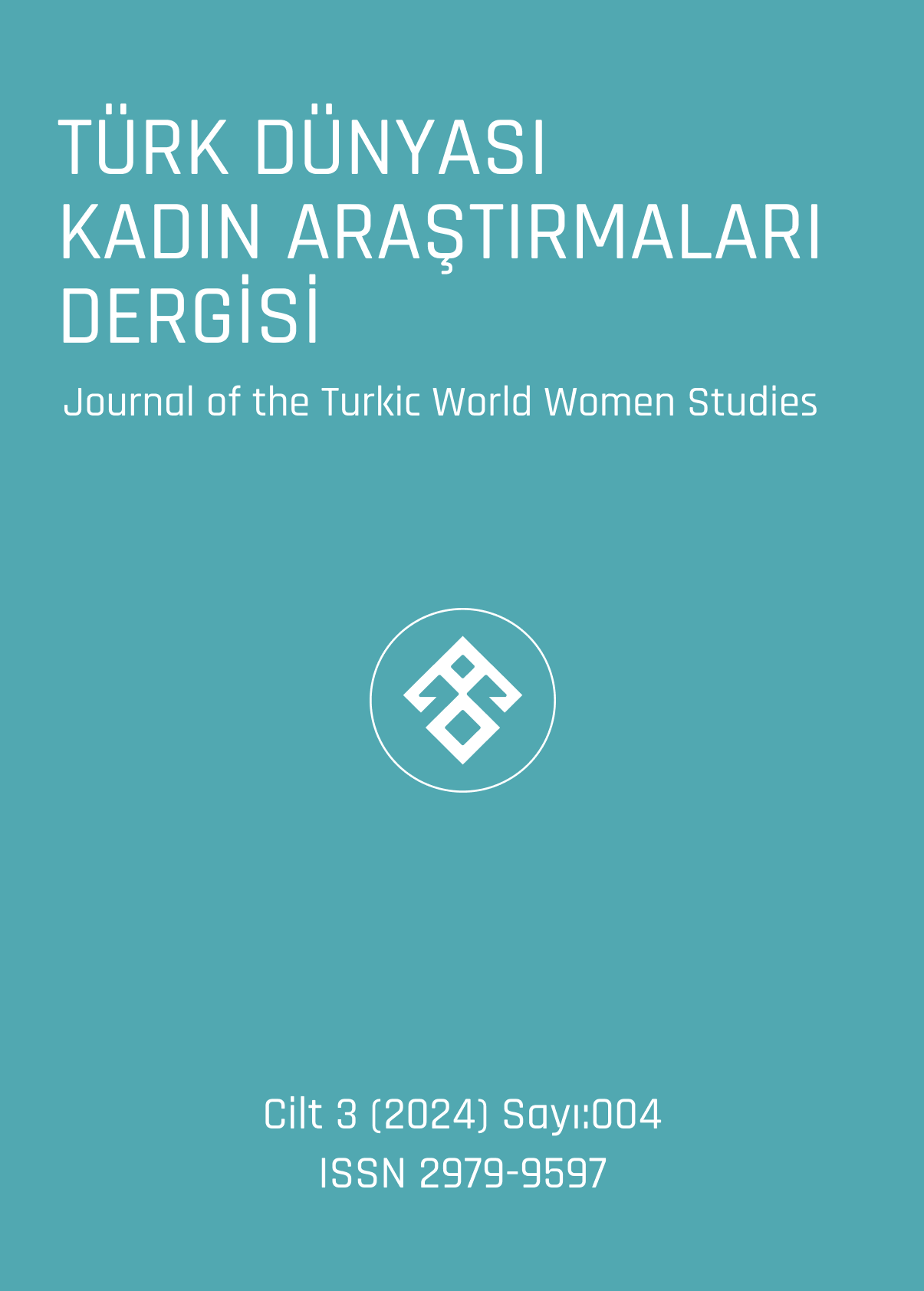Gender Discrimination in taking part of Public Service
DOI:
https://doi.org/10.5281/zenodo.10850763Keywords:
Principle of Equality, Gender Discrimination, Employment in Public Service, Council of StateAbstract
Equality is the state in which people have the same status and value because they have the same human nature. As a principle, equality implies that people are equal to each other and therefore there should be no discrimination between people. It is understood from the decisions of the Council of State that the principle of equality, which has two types of meanings as absolute and relative equality, is used today not as absolute equality, which means the equal application of legal norms to everyone, but as the same treatment for those in the same legal situation and different treatment for those in different legal situations. The principle of positive discrimination, which is considered as an extension of the principle of equality, aims to put equality into practice. As a requirement of the principle of positive discrimination, the administration is obliged to ensure the legal security of those who are disadvantaged in society. The 1982 Constitution contains regulations on equality. Gender discrimination is also included among the types of discrimination prohibited in Article 10, which occupies an important place among these regulations. Benefiting from public service is also a constitutionally guaranteed right. In this study, the approach of the Council of State to the right to enter public service from the point of gender discrimination is examined. In this context, in this study, firstly, the legal framework of the principle of equality is mentioned, the concepts of absolute and relative equality, which are the types of this principle, how the principle of equality is handled in Article 10 of the 1982 Constitution, and the issue is examined based on the decisions of the courts on gender discrimination at different times.
References
Albal, Hilal. ‘’Kamu hizmetlerinden yararlanmada kadın-erkek eşitliği’’. İnönü Üniversitesi Hukuk Fakültesi Dergisi – İnÜHFD, 11/1, (2020): 213-227. https://doi.org/10.21492/inuhfd.716066
Cin, Emine. ‘’Avrupa insan hakları mahkemesi ve Türk Danıştay kararları ışığında kamu hizmetlerine girmede cinsiyet ayrımı’’. ÎÜHFM C. LXIX, 69/1-2, (2011): 1051-1074.
Çapar, Selim. ‘’Kaymakam adaylığına giriş süreci üzerine bir değerlendirme’’. Türk İdare Dergisi Sayı 473, (2011): 75-95.
Erdem, Jülide Gül. ‘’Yargı kararlarında kanun önünde eşitlik ilkesi ve kadın erkek eşitliği’’. 4/8, (2017): 19-44.
Göçgün, Muhammed. İdari işlemin konu unsuru. Ankara: On İki Levha Yayıncılık, 2015.
Gören, Zafer. ‘’Genel eşitlik ilkesi’’. Marmara Üniversitesi Hukuk Fakültesi Hukuk Araştırmaları Dergisi Prof. Dr. Cevdet Yavuz’a Armağan, 22/3, (2016): 3279-3301.
Kaya, Cemil. İdarenin takdir yetkisi ve yargısal denetimi. Ankara: On İki Levha Yayıncılık, 2021.
Kaya, Seyithan. ‘’Eşitlik, pozitif ayrımcılık ve dağıtıcı adalet ilkeleri çerçevesinde idarenin yükümlülüklerinin değerlendirilmesi’’. İdare Hukuku ve İlimleri Dergisi, 21, (2023): 85-119. https://doi.org/10.26650/ihid.21.008
Keskin, Züleyha. ‘’İdari davalarda eşitlik denetiminin yoğunluğu’’. İnönü Üniversitesi Hukuk Fakültesi Dergisi, 14/1, (2023): 58-72.
Keskin, Züleyha. Kamu hizmetinde eşitlik ilkesi. Ankara: On İki Levha Yayıncılık, 2015.
Kılıç, Ebru. ‘’İşverenin eşit davranma borcu açısından Türk iş hukukunun avrupa birliği iş hukukuna uyumu’’. TAAD, 1/6, (2011): 211-240.
Kutlu Gürsel, Meltem. ‘’Kamu görevine girişte kadın-erkek eşitliği ilkesi konusunda bir değerlendirme’’. Dokuz Eylül Üniversitesi Hukuk Fakültesi Dergisi, 4/2, (2002): 27-56.
Yıldırım, Turan., Göçgün Muhammed. ‘’İdarenin düzenleyici işlemlerinde eşitlik ilkesi’’. İstanbul Medipol Üniversitesi Hukuk Fakültesi Dergisi, 3/2, (2016): 39-60.
Yılmaz, Dilşat. ‘’Türk hukukunda kamu hizmeti kavramı ve kriterleri’’. Gazi Üniversitesi Hukuk Fakültesi Dergisi C. XII, Y. Sa.12/1, (2008): 1215-1234.
Downloads
Published
How to Cite
Issue
Section
License
Copyright (c) 2024 Journal of the Turkic World Women Studies

This work is licensed under a Creative Commons Attribution 4.0 International License.



